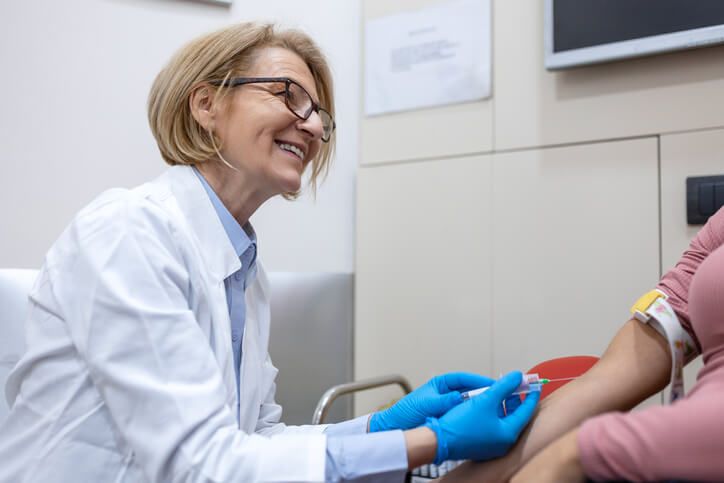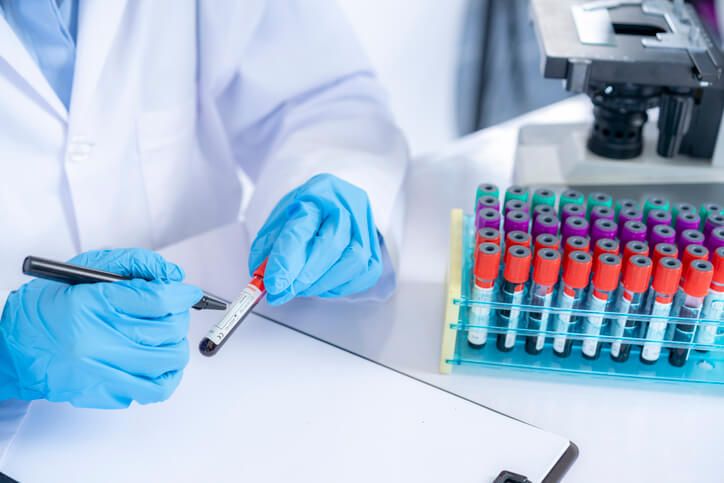
Phlebotomy is the medical term for drawing blood from patients for various medical purposes, such as diagnostic tests, transfusions, research, or treatment. This practice, available since ancient times, is fundamental in diagnosing and treating various health conditions and preventive medicine. Accurate and efficient phlebotomy is essential for obtaining high-quality blood samples, the foundation of reliable laboratory results. Thus, mastering phlebotomy is critical for ensuring accurate medical diagnoses and effective patient care in the healthcare industry.
That’s why phlebotomy is one of the most emphasized crucial skills you should master as a student completing your medical office specialist course at MSCT. Mastering phlebotomy goes beyond the technical aspects of drawing blood; it emphasizes patient safety, maintaining sterile environments, and accurately managing information. This blog post will explore 3 phlebotomy best practices crucial for anyone who has finished their medical office specialist training.
1. Prioritize and Ensure Patient Safety and Comfort
The first and foremost priority in phlebotomy is the comfort and safety of your patients. This begins with effective communication. Before performing any procedure, it’s vital to use insights from your medical office specialist training to explain the process to the patient clearly and calmly address any concerns they may have. This will help alleviate their anxiety and establish trust.
Proper patient positioning is equally important. Ensure the patient is seated comfortably or lying down to prevent fainting. Use a tried and tested gentle technique to insert and remove the needle. Remember, a comfortable patient is more likely to cooperate, making the procedure smoother and quicker.

As any medical office specialist course can attest, infection control is a key focus of any medical procedure, and phlebotomy is no exception. Adhering to strict sterile techniques is crucial for patient safety and your safety as a medical office specialist. Always practice proper hand hygiene before and after each procedure. Use gloves and ensure that all equipment, including needles and collection tubes, are sterile and used only once.
The sterile technique extends beyond just the use of sterile equipment. It encompasses the entire process – from preparing the venipuncture site with an appropriate antiseptic to disposing of used needles in a sharps container. A conscientious approach to sterility prevents cross-contamination and infection and consequently safeguards the health of patients and staff.
3. Ensure Consistent, Accurate Labelling and Documentation as Learned in Medical Office Specialist Training
The final of the 3 phlebotomy best practices is the accurate labeling of blood samples and meticulous documentation. Every sample you collect must be correctly labeled with the patient’s information. This step is crucial in ensuring the samples are correctly associated with the right patient, preventing potentially dangerous mix-ups.

Are you interested in a medical office specialist diploma?
Contact MSCT for more information.
